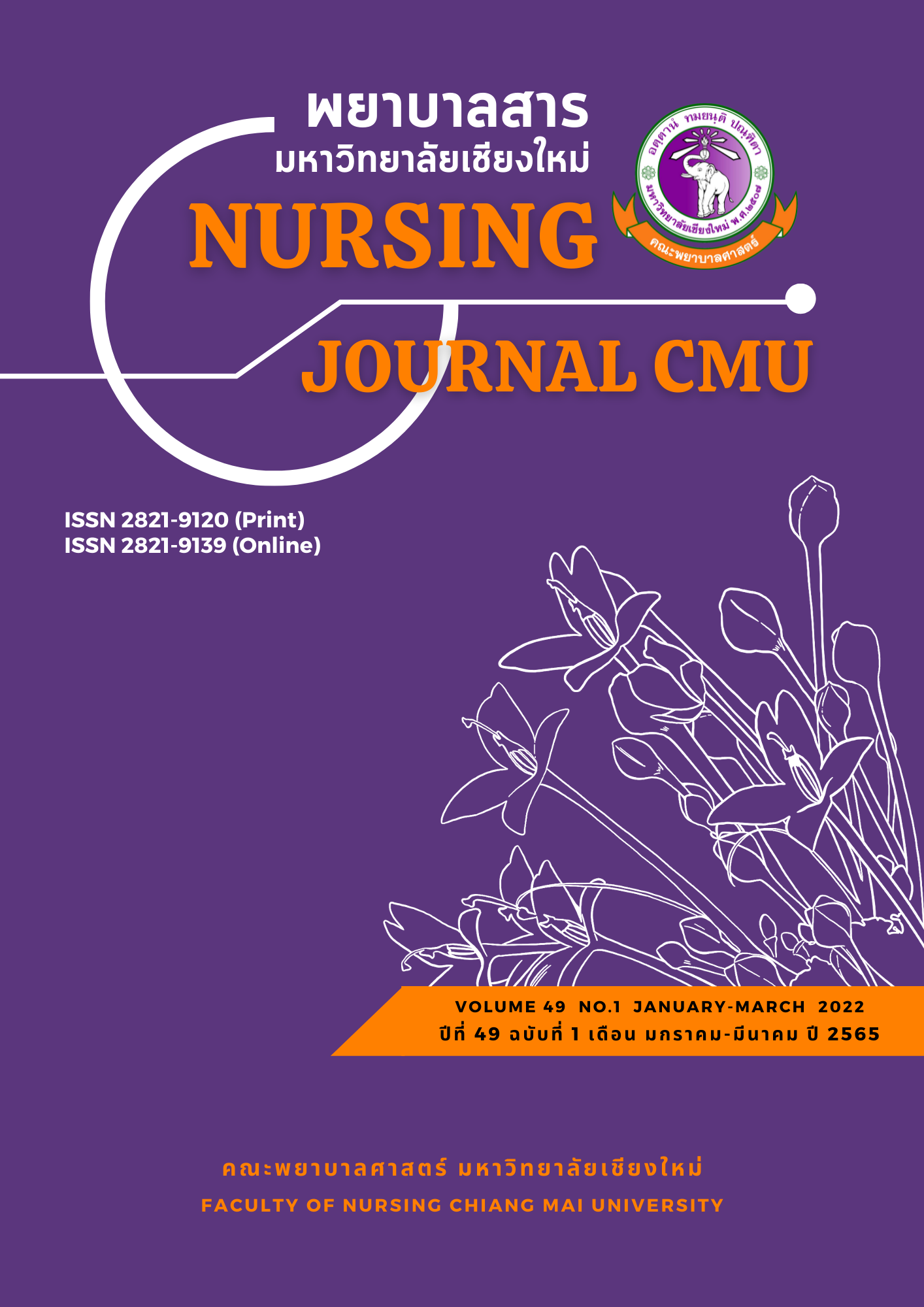Administrative Plan for Thailand to be a Quality Wellness Tourism Destination
Keywords:
Sport Tourism, Spa Tourism, Strategic plan for Wellness TourismAbstract
To elevate the capacities for health tourism, it is essential for the development of a country’s economy. This project aimed to develop a strategic plan and an operational plan for health tourism plans for sports and spas, to apply new knowledge sets on sports and spas for health tourism in real situations, and to collect the lessons learned from effective management of the research program.
The sample included 121 experts and entrepreneurs from sports and spa businesses, 200 stakeholders, and 15 researchers from research projects. The research instruments consisted of the SWOT data form, the entrepreneurs’ interview guide, the interview guides for social return on investment (SROI), and in-depth interview guides.
The results revealed that:
1. The health tourism strategic and operational plans for sports and spas were comprised of four strategies; 10 strategic objectives and 34 operational plans were developed.
2. The completed new knowledge sets on sports and spas for health tourism can be used in real situations. The results from the analysis of the SROI found that the SROI ratios were 22.54 and 25.43 for a 1 baht investment in the 2020 Chombueng Marathon and a spa business, respectively, using a 3.5% discounted rate.
3. Six themes of lessons learned emerged from the implementation of the research program as follows: 1) the research implementation plan, 2) the research program implementation as planned, 3) the outputs and outcomes of the research program, 4) obstacles, 5) success factors, and 6) characteristics, knowledge, and abilities of the research program director.
The results of this study can be used for the development of Thailand as a quality health tourism destination.
References
Chulalongkorn University Intellectual Property Institute. (2017). Industry and technology trend analysis report: Tourism industry, good income and health tourism. Intellectual Property and Innovation Entrepreneur Development Project. Bangkok: Author. (in Thai)
Department of Tourism. (2015). ASEAN tourism standards. (in Thai) Retrieved from http://www.tourism.go.th/
Kellogg Foundation. (2004). Logic model development guide. Michigan: W. K. Kellogg Foundation. Retrieved from https://www.aacu.org/sites/default/files/LogicModel.pdf
Kunaviktikul, W., WichaiKhum, O., Thungjarealkul, P., Abhicharttibutra, K., Nantsupawat, A., & Wannapong, S. (2021) Administrative plan for Thailand to be a quality wellness tourism destination project. Chiang Mai: Thailand. (in Thai)
Ministry of Tourism and Sports. (n.d.). Strategic of Thailand tourism B.E. 2015 – 2017. Bangkok: Office of Printing Works, The War Veterans Organization of Thailand. (in Thai)
Nakhon Si Thammarat Rajabhat University. (2018). Lecture note of the study and practice on cultural tourism routes and ecotourism in the Northeast and the East with integration with teaching and research in the field of cultural studies for tourism project. (in Thai) Retrieved from http://human.nstru.ac.th/human2018/document/doc_news/les43.pdf
Office of the Secretary National Strategy Board, Office of the National Economics and Social Development Council. (n.d.). National strategy 2018 - 2037 (short version). Bangkok: Office of the National Economic and Social Development Council. (in Thai)
Office of the National Economic and Social Development Council. (2021). Social outlook 03/2021.
(in Thai) Retrieved from https://www.nesdc.go.th/ewt_dl_link.php?nid=5491&filename=socialoutlook_report.
Panich, V. (2005). Knowledge management for practice. Bangkok: Tathata.
Pasiphon, C. (2017). Social return on investment (SROI). Journal of Education Studies, 45(4), 342-352.(in Thai)
PaoIn, N. (2018). Public policy: Strategic planning and strategic management. Nonthaburi: Ratnatrai. (in Thai)
Stufflebeam, D. L. (1971). The relevance of the CIPP evaluation model for educational accountability. Atlantic City, NJ: Ohio State University, USA.
Teeranon, K. (2018). Thailand’s wellness tourism: Situation and potential towards competition of ASEAN Region. FEU Academic Review, (12), 22-34. (in Thai)
Downloads
Published
How to Cite
Issue
Section
License
Copyright (c) 2022 Nursing Journal

This work is licensed under a Creative Commons Attribution-NonCommercial-NoDerivatives 4.0 International License.
บทความที่ได้รับการตีพิมพ์เป็นลิขสิทธิ์ของวารสารพยาบาลสาร
ข้อความที่ปรากฏในบทความแต่ละเรื่องในวารสารวิชาการเล่มนี้เป็นความคิดเห็นส่วนตัวของผู้เขียนแต่ละท่านไม่เกี่ยวข้องกับมหาวิทยาลัยเชียงใหม่ และคณาจารย์ท่านอื่นๆในมหาวิทยาลัยฯ แต่อย่างใด ความรับผิดชอบองค์ประกอบทั้งหมดของบทความแต่ละเรื่องเป็นของผู้เขียนแต่ละท่าน หากมีความผิดพลาดใด ๆ ผู้เขียนแต่ละท่านจะรับผิดชอบบทความของตนเองแต่ผู้เดียว






